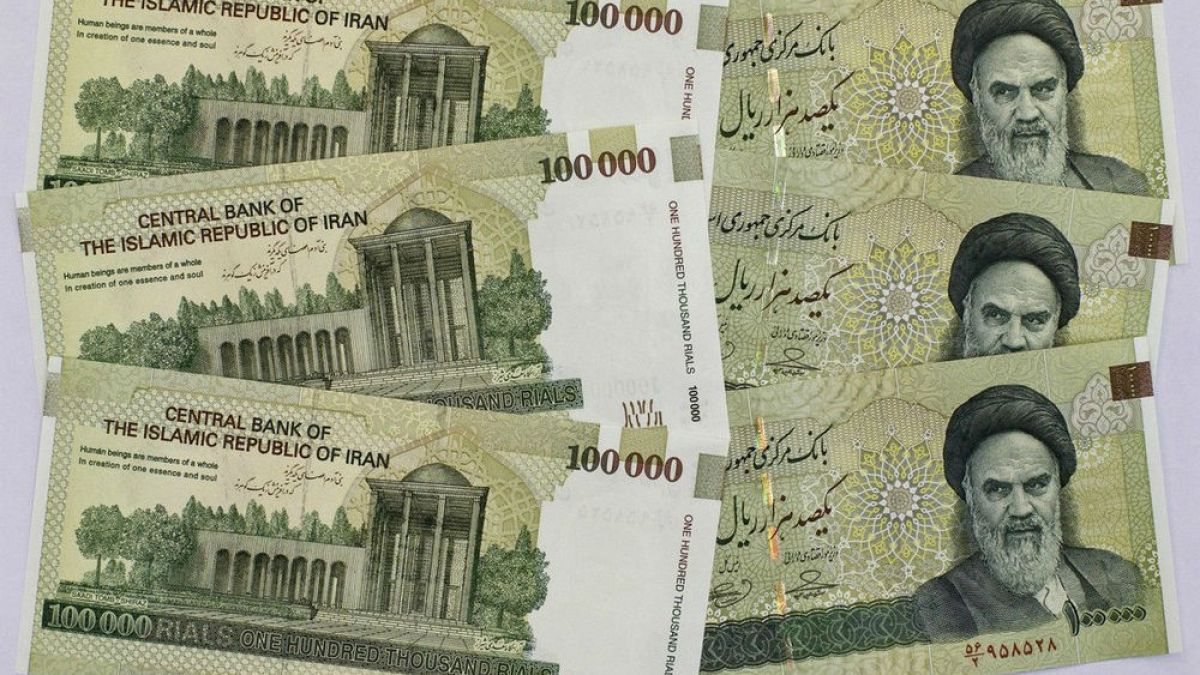The United States has imposed new sanctions targeting more than 30 individuals and entities linked to Iran’s shadow banking network. These sanctions are part of the US strategy to counter Iran’s nuclear program and destabilizing activities financed by Iran across the Middle East. The sanctions focus on a network of front companies in the United Arab Emirates and Hong Kong involved in laundering billions of dollars through the global banking system. The US Treasury states that this network helps Iran finance nuclear and missile programs as well as support armed groups. The sanctions are part of a broader maximum pressure campaign initiated by the Trump administration, while negotiations for a new nuclear deal with Iran continue.
Political Perspectives:
Left: Left-leaning outlets tend to emphasize the humanitarian impact of the sanctions and the potential for diplomatic solutions, often criticizing the Trump administration’s maximum pressure campaign as counterproductive and harmful to ordinary Iranians. They highlight the ongoing negotiations for a nuclear deal and advocate for engagement rather than punitive measures.
Center: Centrist sources report the sanctions factually, focusing on the details of the measures and their intended goals to curb Iran’s nuclear ambitions and destabilizing activities. They present statements from the US Treasury and Iranian responses, maintaining a balanced tone without strong editorializing.
Right: Right-leaning media emphasize the threat posed by Iran’s nuclear and missile programs and the necessity of strong sanctions to prevent Iran from gaining nuclear weapons. They support the Trump administration’s maximum pressure strategy and highlight Iran’s destabilizing activities in the Middle East, portraying the sanctions as a justified and necessary response.








